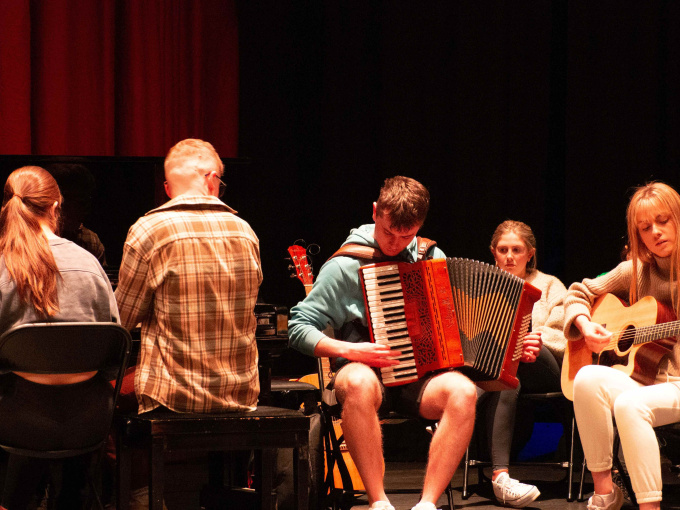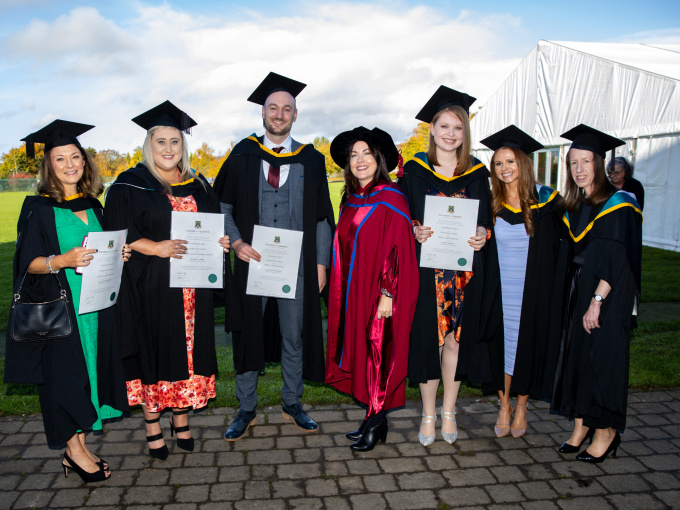M Ed Music Education Specialism (formerly MA in Music Education)
Note: The 'At a Glance' section below is indicative only.
Available: Full-time/Part-time
Level: 9
Duration: 1 yr FT/2 yrs PT
Location: Online/ MIC Limerick
Delivery Mode:
Online and in-person; this hyflex model enables those from outside of Ireland (including prospective students residing in other countries) to engage in postgraduate training.
Assessment:
Portfolios, e-portfolios, and a written or capstone dissertation.
- Programme Overview
- Programme Content
- Entry Requirements
- How to Apply
- Ask a Question
Programme Overview
As part of the Master of Education (M Ed) programme, this blended learning specialism is suited to anyone with an interest in music education, including teachers (at primary, post-primary and music school/college levels), policymakers, community/outreach workers, curriculum support personnel and professional/ community musicians.
Key Features
Topics taught include: philosophy, sociology and psychology of music education, music making for wellbeing, musical creativity, music performance, music education in schools and communities, inclusive music education, intercultural music education, and informal learning.
Special Programme Features
This programme is provided through a mix of online and in-person / hyflex sessions. It is offered on a one-year full-time or two-year part-time basis. It requires the completion of 3 specialism electives, 3 core modules, and 3 dissertation modules.


Career Opportunities
Career opportunities open to graduates include working as music education practitioners, teachers, community musicians, music coordinators, policymakers, curriculum support workers.
- Programme Overview
- Programme Content
- Entry Requirements
- How to Apply
- Ask a Question



